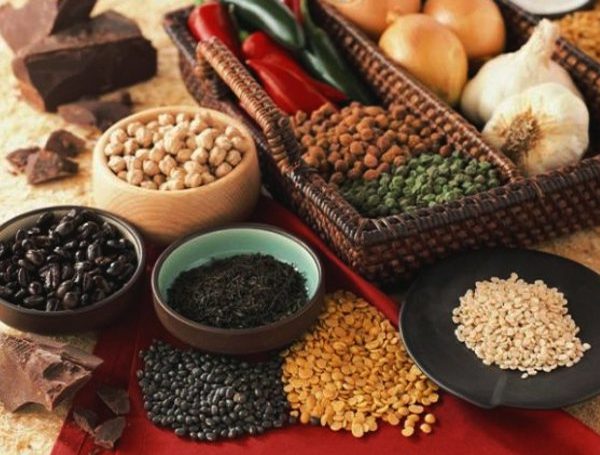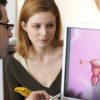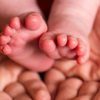
A C-section is a major abdominal surgery that includes cutting through the uterus and abdominal wall. The post C-section period is a painful time and can be really exhausting physically as well as mentally. After any surgery, a person needs to take rest but in this case you need to take care of your baby too. This is the reason you should opt for a diet that facilitates healing and gives you optimal nutrition as you begin to breastfeed.
Apart from adding nutrition, the other reasons for following an ideal diet after C-section is to enable easy bowel movement without any strain on the abdomen, facilitate proper digestion and support the healing process. Here are some important elements that your diet must include:
1. Vitamin C
Vitamin C is a powerful antioxidant gifted to us by nature. It not only accelerates the process of recovery but also fights off infections which are likely because of the surgery. Maintain an intake of vegetables and fruits like strawberries, sweet potatoes, broccoli, tomatoes, grapefruits, papayas, melons and oranges. The recommended everyday intake for lactating women above 19 years old is 2000mg and it is 1800mg for women between 14 and 18 years.
2. Easily digestible food
After giving birth, your body accumulates excess gas. Make sure you avoid eating foods that cause constipation and gas. Stay away from fried foods and carbonated drinks that cause gas and maintain an intake of fiber rich food to avoid constipation. Warm soups, yoghurt, broth and cottage cheese are a good option as they are easily digested and ward off constipation. You can get back to normal diet once you stop feeling pain while passing stool and your digestive system becomes less sensitive.
3. Water and fluids
Keeping yourself well hydrated is of prime importance in order to recover from surgery, facilitating smooth bowel movement, preventing constipation and escaping dehydration. Make sure you maintain an intake of at least eight to ten glasses of water every single day and include fluids in your diet like coconut water, soups, low fat milk, butter milk and non-citrus juices. Fluids are also necessary because you are breastfeeding. Nursing your little baby can make your thirsty quiet often.
4. Proteins
Protein facilitates the growth of new cell tissues which eventually speeds up the healing process. Protein rich foods gears up muscle power after surgery and aids in tissue repair. Your diet must include dairy foods, peas, nuts, dried beans, chicken, eggs, fish and meat. All of these foods are digested easily particularly during the nursing phase. If you want, you can even add protein shakes to your diet.
5. Calcium
Calcium is well known for strengthening teeth and bones, preventing osteoporosis, blood coagulation and relaxation of muscles. Add cheese, kale, tofu, spinach, yoghurt and milk to your diet. The recommended daily dosage of calcium for nursing women above 19 years is 1000mg. your baby takes in 250mg to 350mg during breastfeeding. Milk not only provides calcium but also facilitates the production of milk.






